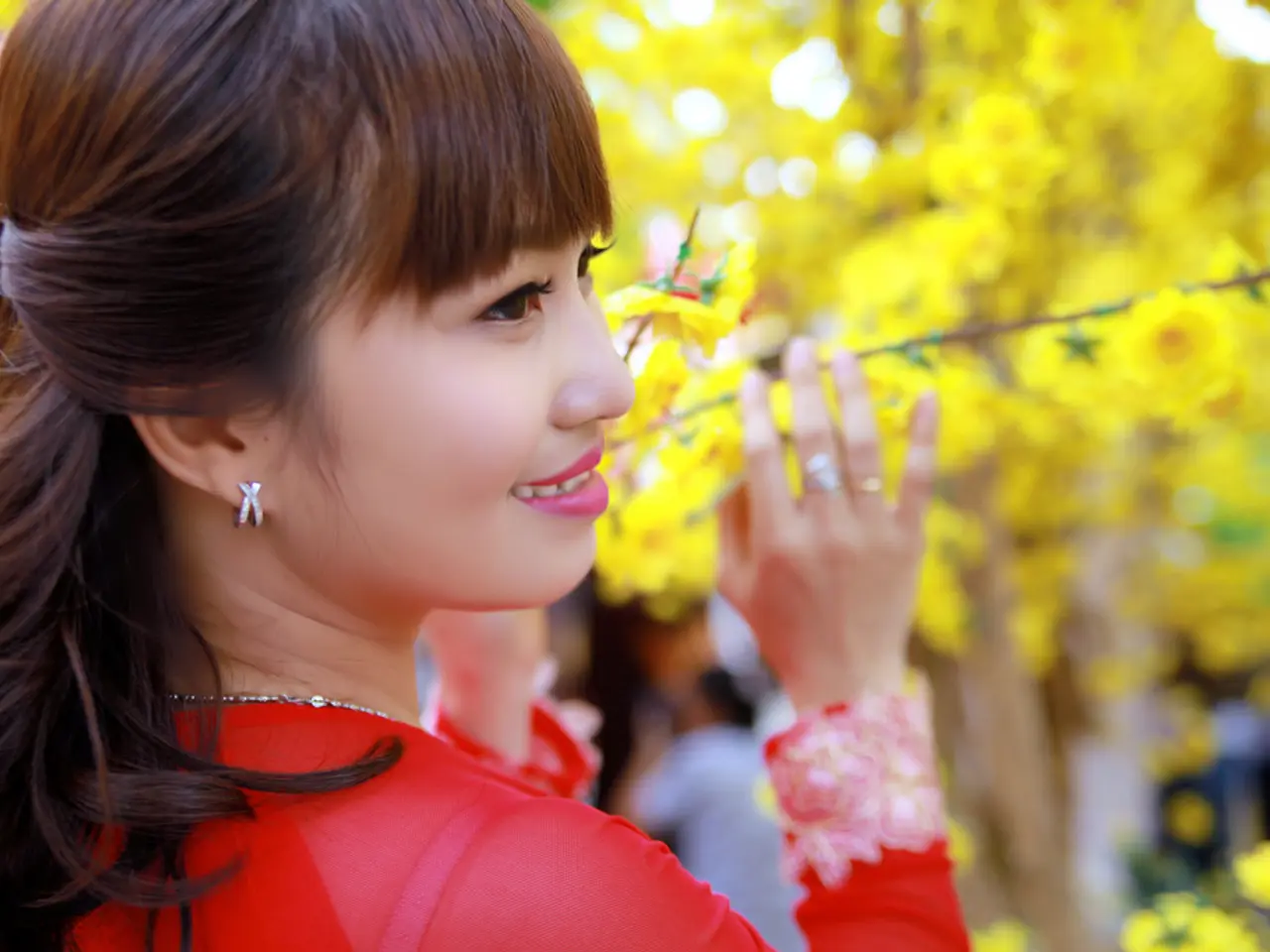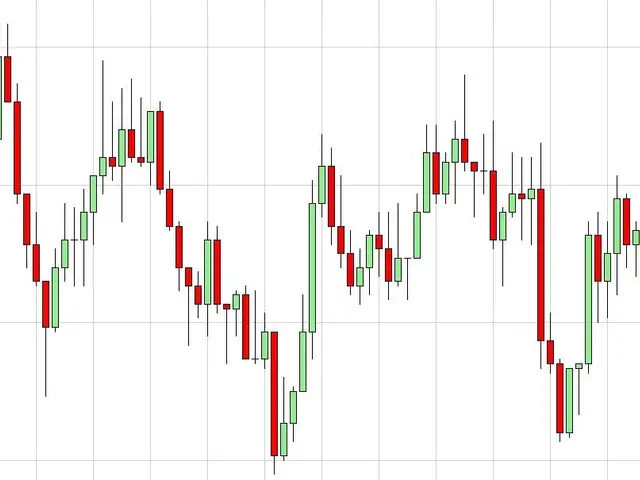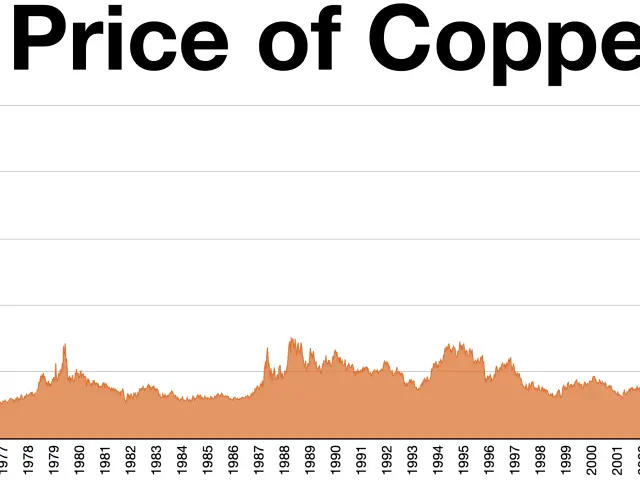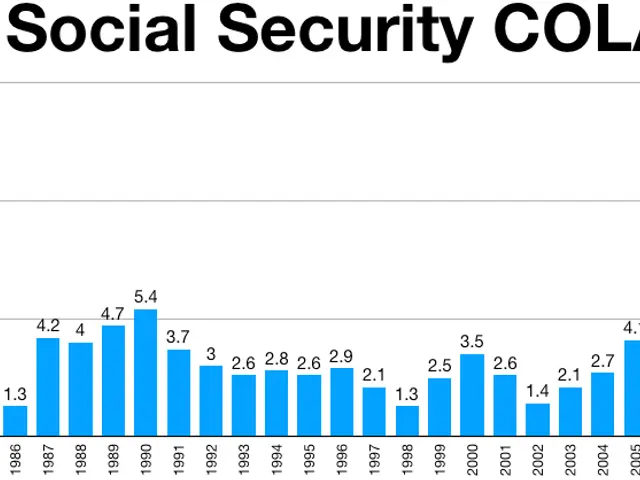Elite Chinese Individuals Altering Luxury Purchasing Habits, Claims Recent Study
A new study by consulting firm Oliver Wyman sheds light on the evolving landscape of luxury shopping in China, with affluent consumers, particularly Gen Z, adopting a more cautious and selective approach to their spending due to ongoing economic stressors.
The Rise of Quiet Luxury
The study surveyed 2,000 well-off Chinese consumers who have a monthly household income of over $4,193.40, representing the top 7% of the nation. This shift in spending behavior has led to a softening demand for flashy, logo-heavy luxury products, often referred to as "luxury shame." Instead, affluent younger consumers are gravitating towards more understated, timeless styles known as "quiet luxury," which focuses on minimalist elegance rather than overt branding.
Changes in Spending Behavior
Despite overall sluggish consumer spending and a weakening luxury market in China, with major luxury groups like Kering and LVMH reporting significant revenue declines in Asia-Pacific, there are some positive signs. Certain brands like Chanel, Prada, Hermès, and Celine have seen modest increases in purchase rates recently, with Chanel reporting a 4% rise in China during the latest quarter.
Key changes in spending behavior among Chinese luxury shoppers, including Gen Z, include a shift towards quiet luxury, price resistance and diversification, reduced brand loyalty, and an emerging focus on sustainability and value.
The Impact of Travel and Experiences
Oliver Wyman expects travelers' luxury spending overseas to make up around 25% of China's total high-end spending this year. Despite travel outside China not yet returning to pre-Covid figures, it is expected to reach 2019 numbers by the end of the year. Interestingly, Chinese consumers are increasingly spending on travel, with the number of Gen Z vacationers paying for travel set to rise.
Both Gen Z and millennials are seeking shorter weekend getaways and staycations, according to the report. Core consumers, defined as those who spend more than $5,591.20 per month, and casual shoppers, who spend less, are both participating in this trend.
The Future of Luxury Shopping in China
While the core luxury shopper continues to spend, there are also people dropping out of the luxury category due to changes in their spending habits. Imke Wouters, a partner at Oliver Wyman, stated that while the core luxury shopper continues to spend, there are also people dropping out of the luxury category due to changes in their spending habits.
Despite the immediate fragility of consumer confidence, luxury brands are betting on the long-term potential of China’s growing affluent and middle class, projected to add 80 million new consumers by 2030. The report concludes that the Chinese luxury market is undergoing a significant transformation, with consumers shifting from conspicuous consumption to a more restrained, experience-oriented, and value-conscious approach.
- As a result of the evolving landscape of luxury shopping in China, affluent consumers, particularly Gen Z, are now showing a preference for 'quiet luxury,' a more understated, timeless style that emphasizes minimalist elegance over overt branding in the areas of 'fashion-and-beauty' and 'lifestyle.'
- The survey by consulting firm Oliver Wyman indicates a notable adaptation among Chinese luxury shoppers, including Gen Z, with a focus on value and sustainability in their 'wealth-management' decisions, indicating a shift towards a more restrained and experience-oriented approach to luxury consumption.






